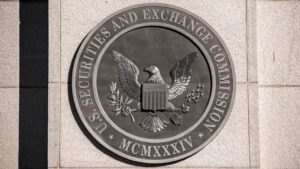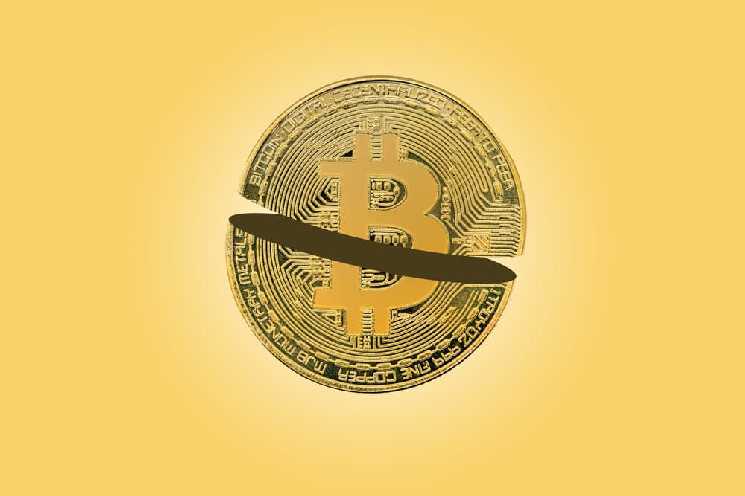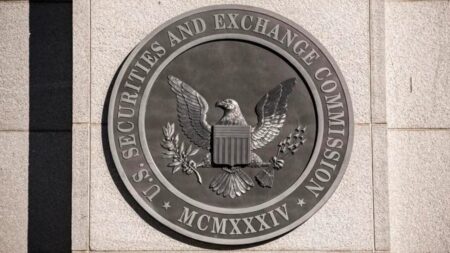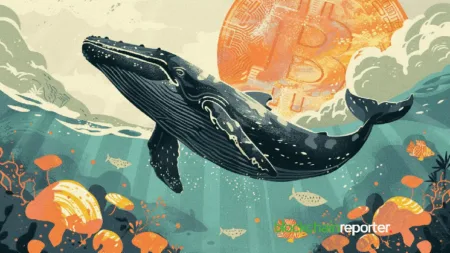Bitcoin (BTC) has seen a remarkable surge in value in the early months of 2024, reaching an all-time high surpassing $70,000. This surge is attributed to various factors including regulatory approvals and the launch of bitcoin ETFs, as well as increased market appetite for risk assets like stocks and cryptocurrencies due to anticipated interest rate cuts.
What is Bitcoin halving?
Bitcoin halving refers to the reduction in the rate at which new bitcoins are produced. This process is fundamental to Bitcoin’s design and economic model. The blockchain, which is the underlying technology of Bitcoin, is maintained by miners—individuals or companies running specialized computers called application-specific integrated circuits (ASICs). These miners process Bitcoin transactions and add new blocks to the blockchain.
Each time a Bitcoin transaction is made, the sender pays a fee, and this fee goes to the miners. Additionally, miners are rewarded with newly minted bitcoins for successfully adding a new block to the blockchain. This reward is what undergoes halving.
Bitcoin halving dates history
Bitcoin halving events have been pivotal moments in the BTC’s history, impacting both its supply dynamics and market valuation. As the Bitcoin network progresses, the block rewards awarded to miners undergo halving approximately every four years. This reduction in block rewards is a key aspect of Bitcoin’s design, ensuring its scarcity over time.
What happens to BTC price after halving?
Historically, the price of Bitcoin has exhibited a clear upward trend following halving events. After the first halving in 2012, the price surged from around $12 to over $900 within a year. Similarly, following the second halving in 2016, the price climbed from approximately $600 to $2,500 within a year. The third halving in May 2020 saw the price around $8,000, which subsequently skyrocketed to over $40,000 within a year.
Bitcoin price today
Track all markets on TradingView
Reasons for price surge after halvings
There are two primary reasons behind the significant price increases observed after Bitcoin halvings:
- Supply reduction: The reduction in the block reward diminishes the supply of newly minted bitcoins entering the market. Miners, who often sell a portion of their rewards to cover expenses, contribute less to the supply after halving events, thus reducing sell pressure;
- Increased scarcity: The perception of Bitcoin’s value tends to increase due to its increased scarcity following halvings. As Bitcoin becomes scarcer, demand tends to rise, leading to higher prices. Additionally, there’s often a psychological aspect at play, known as FOMO (fear of missing out), where investors rush to buy Bitcoin anticipating further price increases based on historical patterns.
Should you buy Bitcoin before halving?
While past performance is not indicative of future results, the historical data regarding Bitcoin halvings and price movements is compelling. However, it’s essential to recognize that correlation does not imply causation. Many factors influence the price of Bitcoin, and while halvings play a significant role, they are not the sole determinants of its value.
As the fourth Bitcoin halving approaches in April 2024, investors and enthusiasts alike eagerly await its impact on the market. Whether it will follow the patterns observed in previous halvings remains to be seen, but one thing is certain—Bitcoin halving is a key event in the cryptocurrency’s ecosystem, influencing its supply dynamics and investor sentiment.
Disclaimer: The content on this site should not be considered investment advice. Investing is speculative. When investing, your capital is at risk.
Read the full article here









